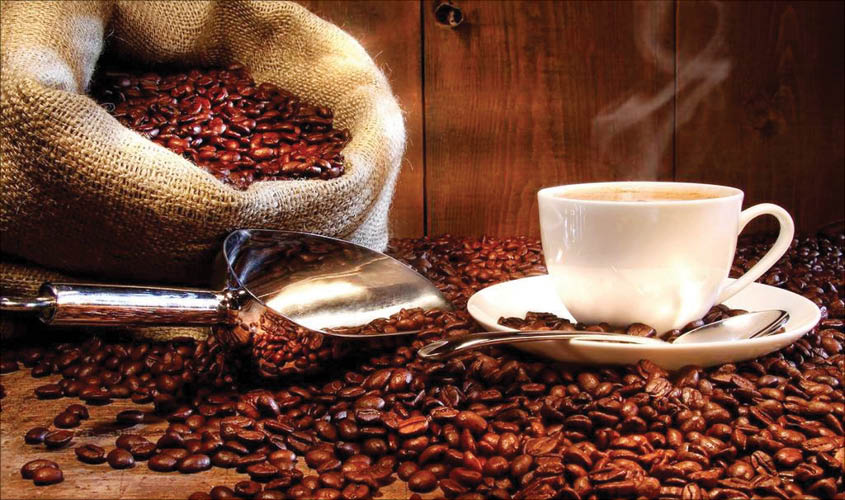India has welcomed coffee as warmly as it has welcomed Western culture. What is even more heart-warming about the country is that while it has entertained the West, it has clung to its roots even more firmly, in its tea estates. It has indulged in both to a point where it is now almost impossible to differentiate which came first. But our beverage preferences are not limited to a mundane cup that is long forgotten, but have transitioned to an experience that tells more about us than we let on.
Your everyday beverage preferences are often definitions of character and personality traits.
Our generation is one that appreciates terroir, deep and complex flavours, and finding a common undercurrent to the source of their consumables. However, there is a difference in these kinds of people. The very fact that tea generally takes more time and attention to brew, has more undertones and nuances, a much longer tradition and, has less caffeine—means that you’re going to get a slightly more somber person, both in demeanour and intellect, who will care more about the journey than just the result. The fact that coffee truly jolts you with a caffeine dose and that it’s much more addictive, consequently transcends into a more intense and obvious experience—attracting people who are more into that approach.
Coffee people are typically folk, with more direction and are galvanised, looking for coffee›s instant stimulation properties, while “tea people” are typically reflective folk looking for tea›s relaxation properties. Reflecting on even one’s own consumption, people usually prefer coffee with their active 9-5 work and tea with their time after office where they are generally unwinding.
Furthermore, given coffee’s greater addictive properties and tea›s well-known health benefits, “tea people” perhaps exercise more discipline and control over their lives and are more health conscious than “coffee people” who are invariably more impulsive.
Another generalisation based on one’s own commercial experience of running numerous cafés is that for “coffee people”, drinking coffee is part of their social engagement and can often be regarded as pretentious while for “tea people”, drinking tea is more a part of their disengaging from the world—“me time”.
One has found that “coffee people” are strongly represented by the extroverted “sanguine” and “choleric” temperament groups of Galen’s personality type theory and that “tea people” are strongly represented by the introverted “phlegmatic” and “melancholic” temperament groups.
Krittivas Dalmia is the Co-Founder of Kaffa Cerrado. Writer is a certified coffee roaster

